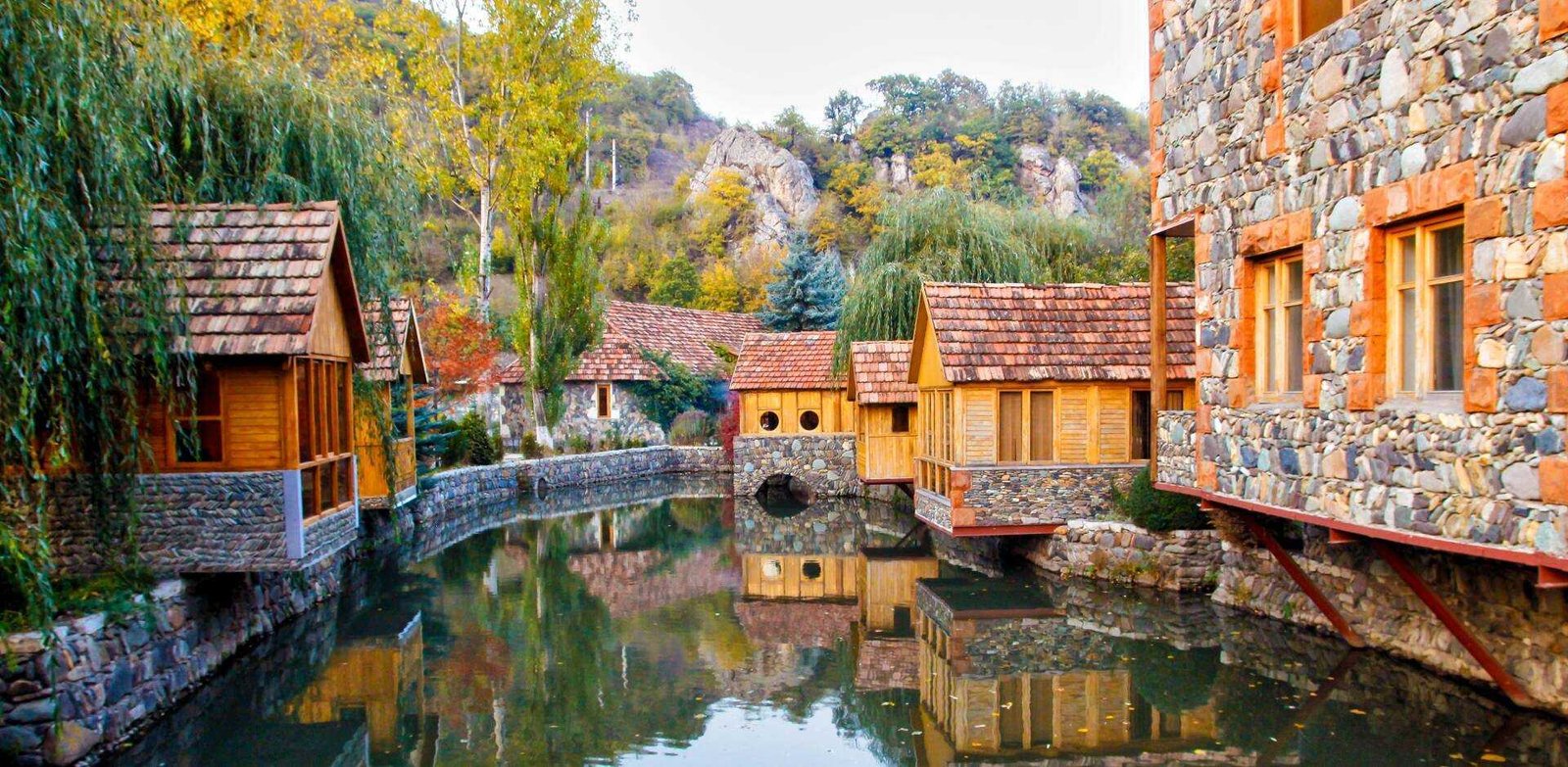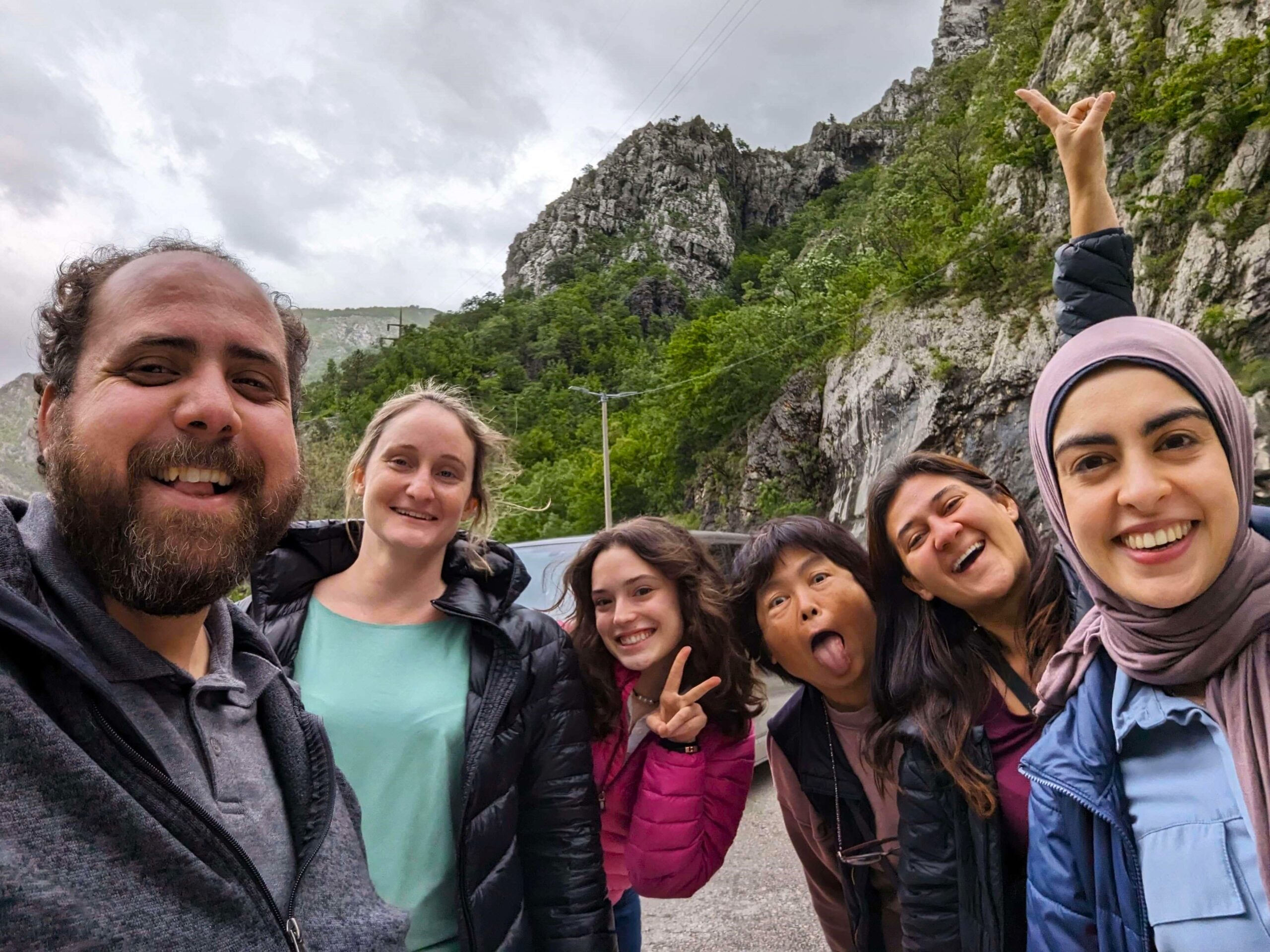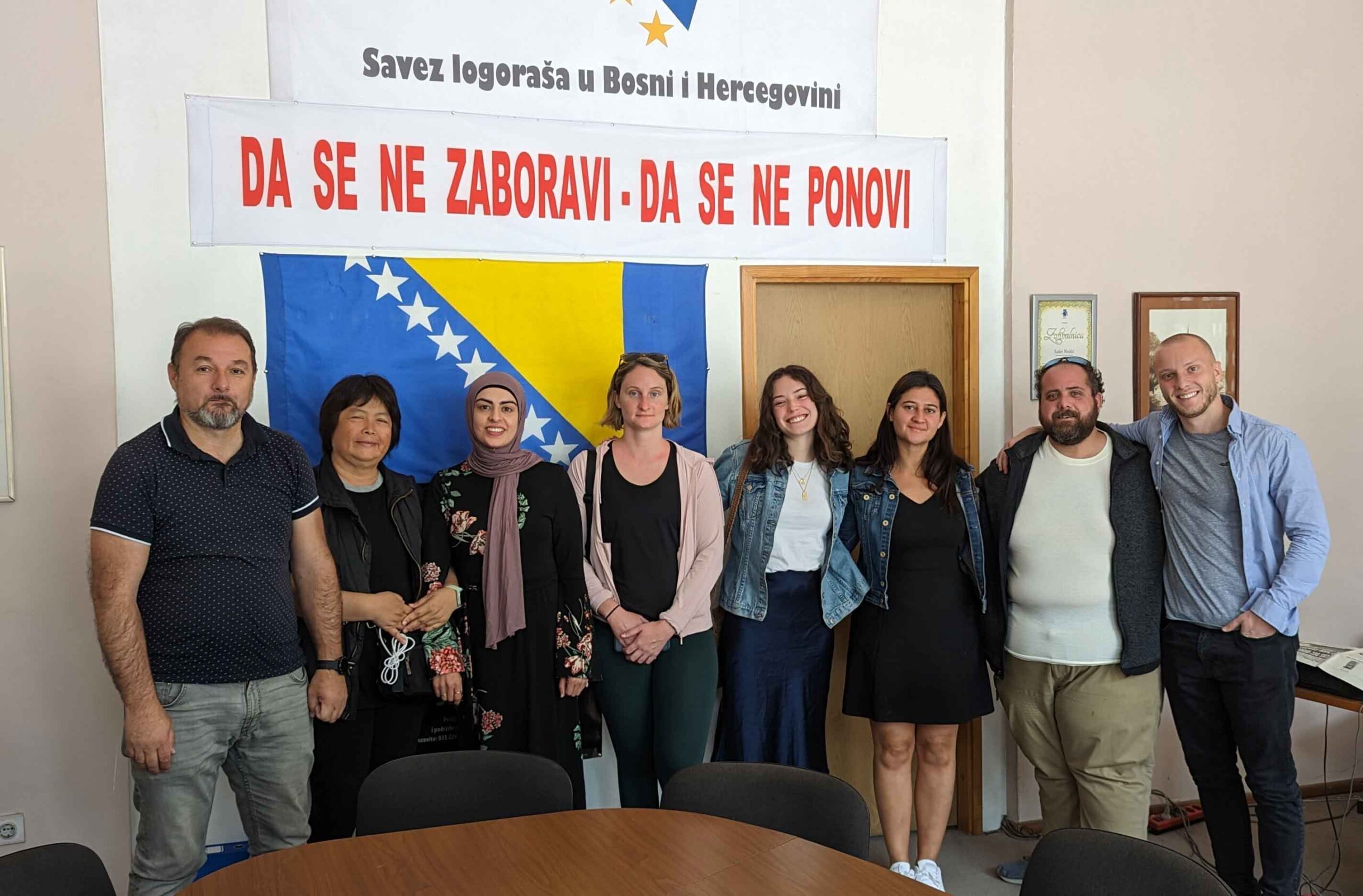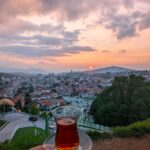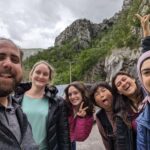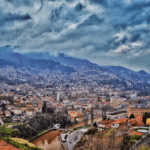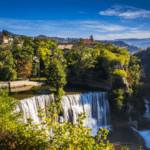Can travel be a force for good?
In a world where dehumanizing rhetoric, harmful stereotypes, and the “othering” of communities are on the rise, the need for peacebuilding has never been more urgent. The far right’s growing influence and the normalization of hate speech in mainstream media and politics highlight the rising challenges we face. However, one powerful tool that can combat this is often overlooked: travel.
Beyond leisure and bucket-list adventures, travel can foster peace, understanding, and reconciliation. It offers a way to counteract the biased narratives perpetuated by media and politicians—narratives that fuel ignorance, prejudice, and fear of the “other.” By bringing people face-to-face with different cultures, travel can bridge divides and serve as a catalyst to help aid decolonisation and promote peace in the following ways:
Promoting Cultural Understanding and Reducing Stereotypes
Conflict and stereotypes often stem from a lack of knowledge about other communities. When our understanding is shaped solely by media or political narratives, we allow communities to be misrepresented by others who gain from their dehumanisation. Travel addresses this by:
- Humanizing “the other”: Direct interactions with local communities challenges stereotypes and creates meaningful connections.
- Shattering misconceptions: Experiencing a country firsthand—its history, interacting with people, and traditions—replaces assumptions with real-world insights.
- Fostering empathy: Living someone else’s reality, even briefly, fosters compassion and facilitates a sense of shared humanity and understanding.
- Building global connections: Travel shows us we have far more in common than the media and politicians would like us to realise.
Explore Georgia & Armenia Through Local Eyes: Skip Tourist Traps, Embrace Real Experiences
Good travel is about connection. It’s about meeting people and hearing their perspectives. Community-based tourism in the Caucasus is all about making sure these connections are genuine and good for everyone involved, a cornerstone of ethical travel.
- Real People, Real Stories: An ethical small group tour introduces you to local people – maybe an artist, a winemaker, someone with deep knowledge of local history. Hearing their stories firsthand, a core part of community-based tourism, beats any guidebook. It helps you understand the culture and history in a much deeper way, from locals, which is vital for decolonizing travel.
- Travel Respectfully: Ethical tours make sure interactions are respectful. It’s about learning and sharing, not about making people feel like exhibits. This mindful approach defines responsible travel.
- Find Your Tribe: Traveling in a small group often means meeting other cool people who care about conscious travel and having meaningful travel experiences. It’s great even if you’re traveling solo – instant friends! Many tours for solo travelers use this friendly small group format, making it ideal for solo travel in the Caucasus.
This was the most unique trip I have ever been on. It combined the very tough history of Bosnia and Herzegovina along with the tourism: I had some of the best food I’ve ever had in Europe, saw incredible nature and also experienced meeting so many amazing individuals that were survivors of the genocide. They shared their stories and I learned in a way I never had, not from museums but from the people that actually lived through the events themselves! This is a pioneer for a new type of tourism!
– Ben, United States
Strengthening Local Economies and Building Connections
Many large corporations unreservedly steal designs, culture and artwork from countries with less developed economies. Travel isn’t just about sightseeing; it’s an opportunity to support communities. While corporations often exploit cultures for profit, travelers can make a difference by choosing local businesses.
In countries that have recently been through conflict, tourism can also:
- Create jobs: Reducing poverty and aiding economic recovery.
- Rebuild infrastructure: Revenue from tourism funds schools, hospitals, and roads.
- Redefine narratives: Communities reclaim their stories and are not reduced to victimhood.
- Prioritizing local businesses: Prioritizing local businesses ensures profits stay within the community.
From exploring Petra, to floating in the Dead Sea, to the adventure in Wadi Rum and exploring Amman’s bustling streets, every moment felt magical. But what stood out the most? The people. Whether it was a local guide offering tea or a guide sharing stories about traditions, every interaction was welcoming. Thank you so much for the unforgettable experience!
-Sheila, Kenya
Sustainable Tourism in Georgia & Armenia: Support the Environment and Local Communities
Lots of tourists all at once can be tough on the environment and local spots. Small groups naturally leave a lighter footprint, aligning with sustainable tourism practices.
- Less Impact: Fewer people means less waste, less water use, and less crowding at beautiful ancient sites.
- Respect the History: Ethical tours teach you how to visit historical sites respectfully and help protect them.
Preserving Heritage and Preventing Cultural Erasure
History is often rewritten or erased by those in power. From the Partition of the Sub-Continent and the division of the Korean Peninsula to the denial of the Bosnian Genocide and the misconceptions about Jordan and the Middle East, mainstream narratives frequently ignore or distort the past. Intentional tourism can:
- Amplify marginalized voices: Locals share their history and culture on their own terms.
- Preserve painful histories: Speaking about colonisation, war, genocide, and shared trauma does not fit into the highly glamorised version of travel, but are you truly visiting a country if you don’t leave with a new understanding of why it has developed or why it is the way it is? Travelers can help dismantle stereotypes and amplify voices that have been ignored by mainstream media and politicians by sharing stories on social media and with family and friends.
- Sustain traditions: Supporting artisans and cultural practices keeps heritage alive.
Traveling Responsibly: Avoiding Harm, Maximizing Impact
Travel is a privilege, and its potential for peacebuilding depends on how we approach it. To ensure your journey leaves a positive mark:
- Examine biases: Approach interactions with curiosity and respect, not superiority.
- Acknowledge privilege: Recognize the advantages you carry.
- Reject harmful practices: Avoid “voluntourism”, saviourism or poverty tourism. Also, remember to ask for consent when taking pictures of people and avoid taking photographs that reduce locals to harmful stereotypes.
- Learn the language: Attempt to learn a few words or phrases from the local language, no one expects you to be fluent, but it will go a long way in building bridges.
- Confront colonial histories: The countries you travel to and the country you call home might have a long and painful history of colonisation. Be ready to hear alternative historical accounts, many of which you may not have been exposed to before. Be open to alternative narratives that may challenge your perspective.
Remember: You are a guest. Act with the same respect abroad as you would at home.
I really admire what y’all are building with the Hybrid Tours - coupling education, humanitarian work, local support, and deeper impact with travel and adventure. I’ve been plenty frustrated with superficial travel or with places that have a false “local” image yet. The experiences on this trip, especially with the local human rights organizations and tons of q’s/convos with the guide, has given me a lot of refreshing hope for how those norms can be changed and how to explore deeper impact as part of travel
– Missy, USA
Travel as a Force for Good
From sharing personal experiences to learning history beyond textbooks, travel has the potential to dismantle stereotypes and show that we have more in common than we might have realised. By carefully choosing the tour company you travel with, you can help change the travel industry by prioritising ethical and immersive experiences, which help support local economies instead of exploiting them.
Next time you travel, ask yourself: How can my journey leave a positive mark?

